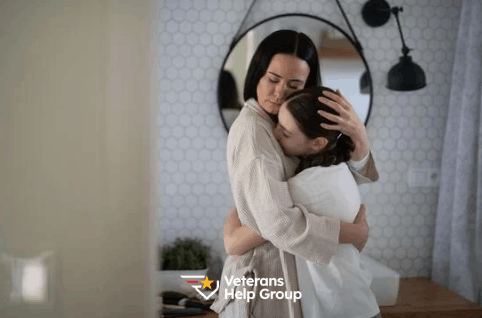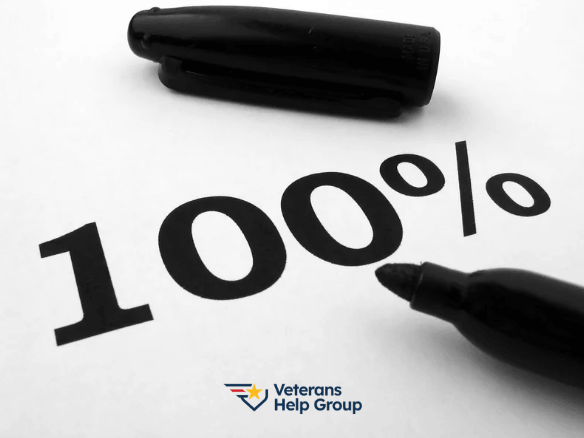Table Of Contents
If you’re a veteran who was disabled by an injury or illness during your time in the service, you’ll find that you may be eligible to receive Veterans Disability Compensation. Those who are mildly affected by their disability will find that they receive a benefit that will allow them to supplement the income that they have from other sources; those who are completely disabled will find that they are eligible to receive a more sizable payment as well as an additional benefits for each of their dependents.
Who is Eligible for VA Disability Benefits
You may be eligible for disability compensation if:
- you have a service-related disability, and
- you were discharged under other than dishonorable conditions (dishonorable discharge (DD), bad conduct (BC) discharge, other the honorable (OTH) discharge).
- Service-related a/k/a service-connected
- Characterization of Service
Veterans Disability Compensation Claim Application
Initially, a VA Disability Compensation claim application is reviewed to make sure that the veteran is indeed eligible for benefits. This is a two-part process. First, your discharge papers will be reviewed to ensure that you were not dishonorably discharged. Then, the injury itself will be considered to determine that it was indeed service-connected – that the injury or illness either began or was aggravated during your time in the service – and that it was not the result of your own misconduct.
As an example, a service veteran who was injured during a vehicle crash that was the result of faulty equipment or a roadside bomb being exploded will be eligible for VA Disability compensation benefits. On the other hand, a service veteran who was drunk or using illegal drugs who got behind the wheel of a vehicle and crashed it will find that his or her claim will be denied.
Veterans Disability Compensation Claim Review
Once it’s been determined that you are indeed eligible for VA disability benefits, the illness or injury will be looked at a bit more closely. By taking a closer look at the medical records that you submitted along with your claim application as well as other supporting materials – including, possibly, the report from a VA physician who evaluated you after the application – to determine whether are eligible for the disability benefit.
After the reviewers at the VA regional office have determined that you are eligible for VA Disability Compensation benefits, they will look at your records and evaluate the extent of your disability. At this point, you’ll be assigned a disability rating between 10% and 100%. Those who are less limited by their disability will receive a rating close to 10%; those whose injury or illness limits them completely, leaving them unable to work will receive a 100% disability rating. The greater your rating, the more compensation that you will receive.
Veterans Disability Compensation Claim Approval
When will you begin to receive your VA Disability Compensation benefits? That’s determined in the final step of the VA Disability Compensation claims process. That’s when the regional office determines the date on which you became eligible to receive benefits for your disability – in some cases, you’ll find that this date goes back to the time that the injury or illness happened.
Legal Assistance with VA Disability Benefit Applications
When you apply for VA Disability Compensation benefits, you’ll need to know the basics of this process – and that it can take a while. You’ll also find that you can benefit from having a great ally – experienced advocates like the ones at Veterans Help Group that specialize in disability advocate can help you to be as clear as possible on your claim. In addition, an advocate can help you to determine what information you will need to submit along with your claim in order to document your disability. With this information, you’ll know that the VA Disability Compensation process is going the way that it should. Call our advocates for veterans at (855) 855-8992 or complete our free online veterans disability case evaluation form.

Discounts for Military Veterans 2026
Discounts for Military Veterans 2026 As a military veteran, numerous companies continue to honor...

100% VA Disability Benefits List For 2026
100% VA Disability Benefits List for 2026 When a veteran is approved for VA disability benefits,...

DIC Rates for 2026
DIC Rates for 2026 Dependency and Indemnity Compensation (DIC) can be a lifeline for surviving...





